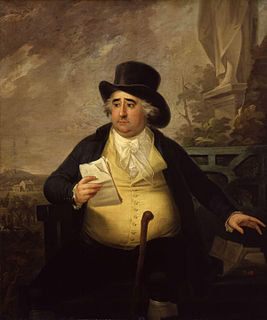A Quote by John Ortberg
Normally, if someone's legacy will outlast their life, it's apparent when they die. On the day when Alexander the Great, or Caesar Augustus, or Napoleon, or Socrates, or Muhammad died, their reputations were immense. When Jesus died, his tiny, failed movement appeared clearly at an end.
Related Quotes
Socrates dies with honor, surrounded by his disciples listening to the most tender words -the easiest death that one could wish to die. Jesus dies in pain, dishonor, mockery, the object of universal cursing - the most horrible death that one could fear. At the receipt of the cup of poison, Socrates blesses him who could not give it to him without tears; Jesus, while suffering the sharpest pains, prays for His most bitter enemies. If Socrates lived and died like a philosopher, Jesus lived and died like a god.
He [Julius Caesar] learned that Alexander , having completed nearly all his conquests by the time he was thirty-two years old, was at an utter loss to know what he should do during the rest of his life, whereat Augustus expressed his surprise that Alexander did not regard it as a greater task to set in order the empire which he had won than to win it.
Only look to Jesus. He died for you, died in your place, died under the frowns of heaven, that we might die under its smile. Regard neither unbelief nor doubt. Fear neither sin nor hell. Choose neither life nor death. All these are swallowed up in the immensity of Christ and are triumphed over in His cross.
Of this I am certain, that no one has ever died who was not destined to die some time. Now the end of life puts the longest life on a par with the shortest... And of what consequence is it what kind of death puts an end to life, since he who has died once is not forced to go through the same ordeal a second time? They, then, who are destined to die, need not be careful to inquire what death they are to die, but into what place death will usher them.
The shortest way to arrive at glory should be to do that for conscience which we do for glory. And the virtue of Alexander appears to me with much less vigor in his theater than that of Socrates in his mean and obscure. I can easily conceive Socrates in the place of Alexander, but Alexander in that of Socrates I cannot.
Jesus didn't wait until we got better to die for us. He died when we were in our most unlovely state. The person who doesn't deserve love actually needs love more, not less. If you know someone unworthy of love, that's great! You now have a chance to emulate Christ, because the essence of His love is unconditional.



































